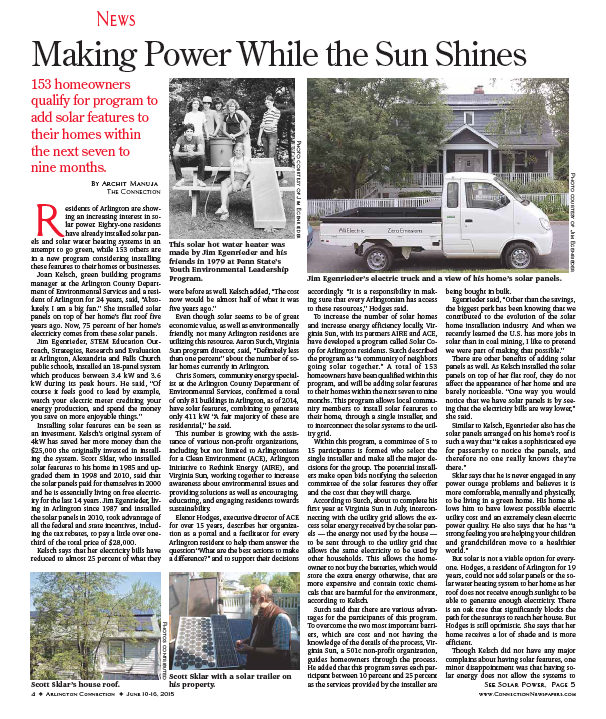Help Reduce Pet Waste … and Spread the Word
Did you know that Four Mile Run is listed as impaired for bacteria?
As part of the implementation plan to clean up Four Mile Run, proper disposal of pet waste was identified as one of the four bacteria prevention methods. Efforts are underway in the county to reduce pet waste.
Take a look at these pet waste myths and get the full scoop (pun intented!) on pet waste.
Pet Waste Myths
Myth: Dog poop is a natural part of the environment. It is OK to leave it on the ground.
Fact: Dog poop can contain diseases such as Giardia, roundworm, Salmonella and parvovirus, that are transferrable to other dogs.
Myth: Dog poop is harmless.
Fact: Roundworms can be contracted through your skin from dog poop. Many other diseases are transferrable if poop in ingested (for example, it gets on your hands and then your hands touch food, children putting hands in their mouth, eyes, etc.)
Myth: Dog poop is not related to stream health.
Fact: Dog poop contributes E. coli to our streams, a pollutant that Four Mile Run is impaired for.
Myth: Dog poop is a natural fertilizer.
Fact: Dog poop ‘œburns’ grass when left on the ground.
Myth: Dog poop goes to the landfill if trashed.
Fact: Dog poop, along with much of Arlington’s other trash, goes to a waste-to-energy plant. The plant powers 20,000 homes in our region.
Please share this information with other pet owners!

 Read All About It: “Making Power While the Sun Shines”
Read All About It: “Making Power While the Sun Shines”